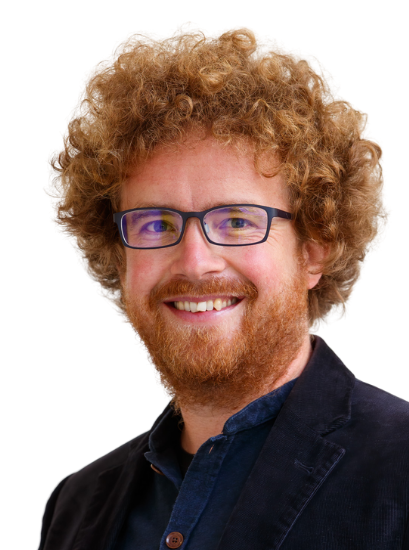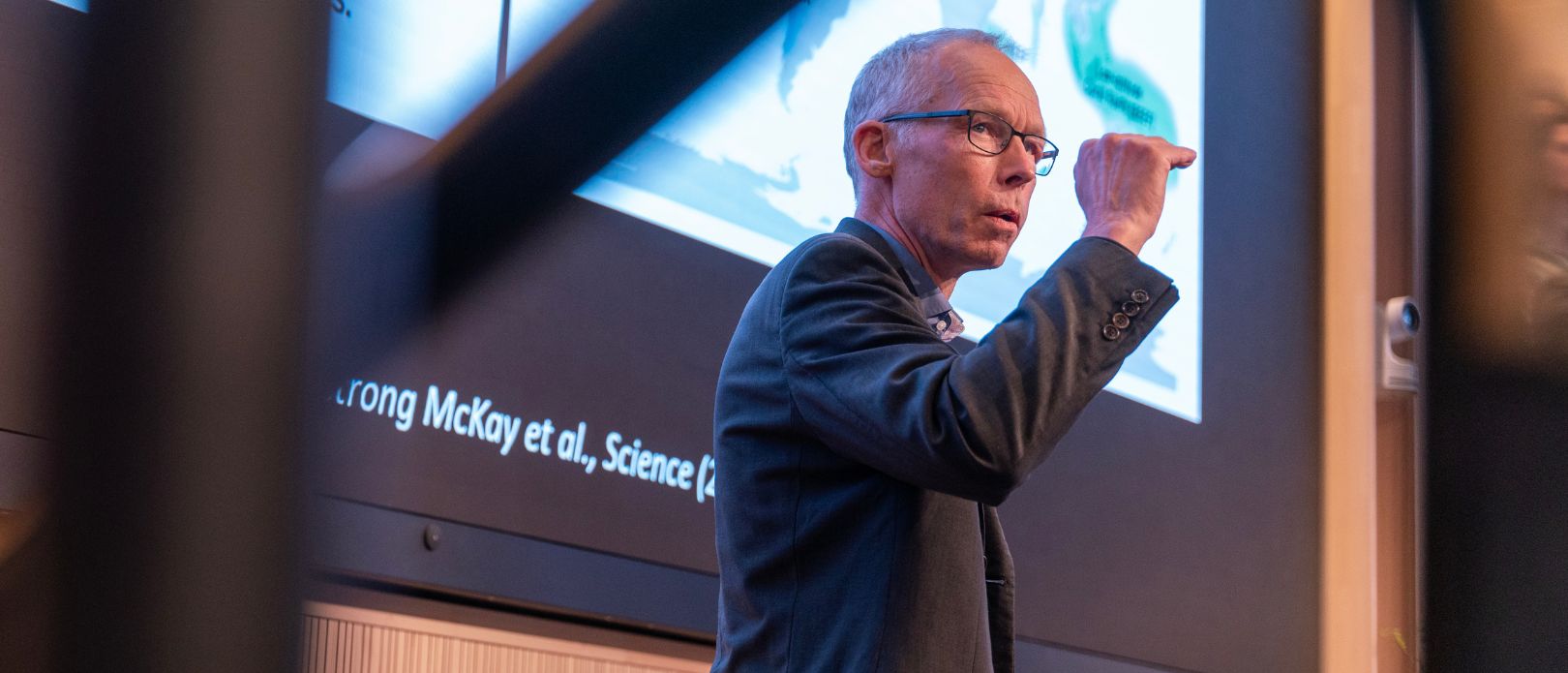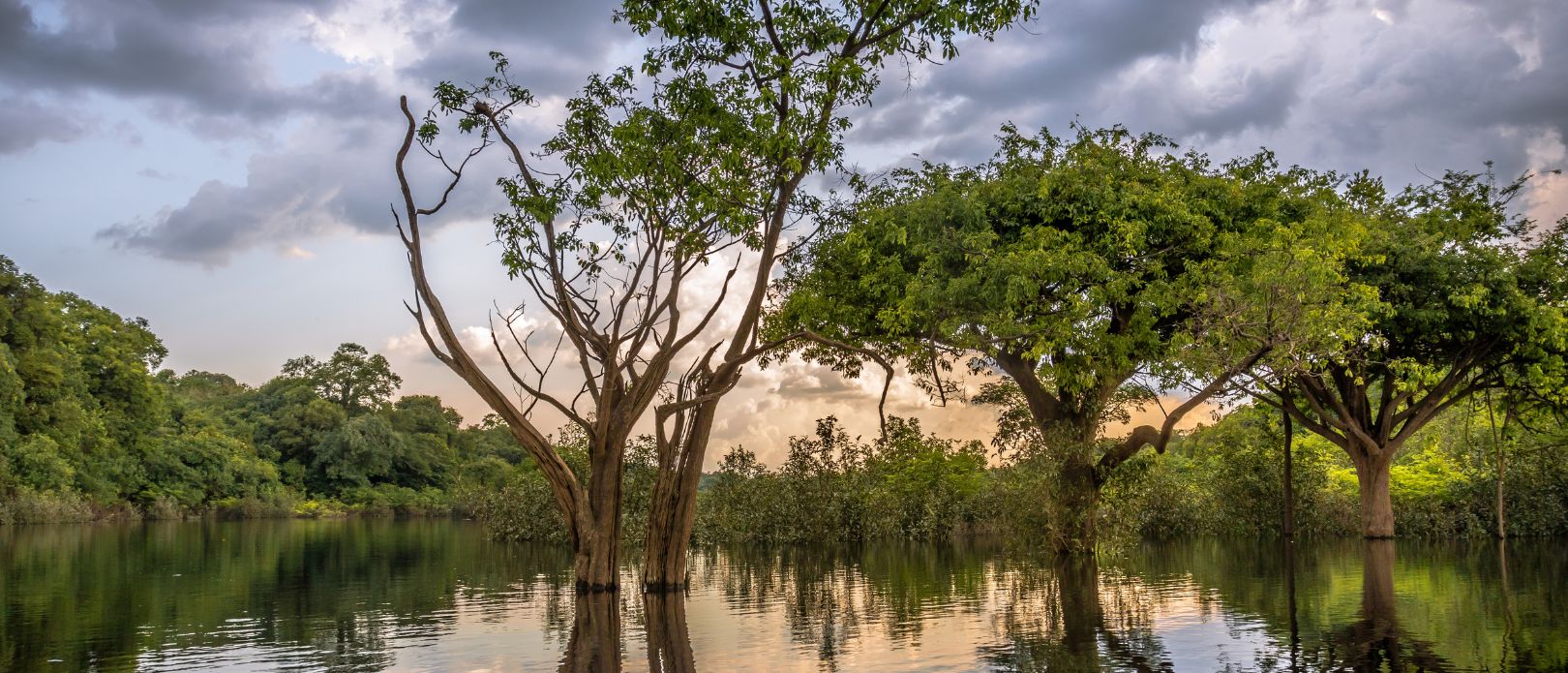Jonathan
Donges
PhD
Postdoctoral researcher (Centre affiliate)
+49 331 288 2468
RSS-link

- Planetary boundaries
- Safe and just operating space for humanity
- Complex dynamical systems approach
- Modelling planetary social-ecological systems
- Climate, social and social-ecological tipping points
- Resilience measures for complex dynamical systems
- Nonlinear time series analysis
Jonathan Donges' research focusses on dynamics and resilience of planetary social-ecological systems, and he co-heads the flagship project COPAN at the Potsdam Institute for Climate Impact Research
Donges studies planetary boundaries in the Earth system from a complex dynamical system's perspective. He is particularly interested in developing a hierarchy of modelling approaches, from conceptual to full complexity models, for understanding the planetary co-evolutionary dynamics of human societies and their geophysical-biological environment. He aims at a system theoretical mapping of co-evolution space including the characterization of attractors, basin boundaries, inaccessible domains, critical transitions, and stability.
His major research themes are: to understand social tipping elements for sustainability transformation; identify stable and desirable coevolutionary pathways under prescribed sustainability paradigms; trace planetary boundaries and their interactions; test and compare different modelling approaches towards more detailed and spatially explicit models; and validate models against historical co-evolutionary trajectories, such as 20th century great acceleration. To this end, Donges combines methods and insights from complex systems theory, adaptive coevolutionary networks, control theory, agent-based models and game theory with well-established physical, biogeochemical, and economical knowledge.
Donges holds a PhD in Theoretical Physics from Humboldt University in Berlin, Germany and a diploma degree in Physics (MSc equivalent) from the University of Potsdam, Germany. Before coming to SRC, he studied physics, mathematics, environmental science, and oceanography at the University of Potsdam, Germany; University of California San Diego, USA; Scripps Institution of Oceanography, La Jolla, USA and University of Bonn, Germany. He has also spent time in the field conducting paleoclimatological and speleological research in Meghalaya, North-East India.
Donges' published research includes work on complex network theory, dynamical systems theory and time series analysis with a focus on applications to understanding past and present climate variability and its interactions with human kind on planet Earth.
Donges is currently co-funded by the Stordalen Foundation via the Planetary Boundary Research Network and the Potsdam Institute for Climate Research (PIK) via the Earth League's EarthDoc network. At PIK, he heads the flagship project COPAN together with Jobst Heitzig from PIK's research domain "Transdisciplinary concepts and methods". Donges has co-organized two high-level workshops in the ongoing LOOPS series on “Closing the loop – Towards co-evolutionary modeling of global society-environment interactions” (Kloster Chorin, Germany, 2014) and “From limits to growth to planetary boundaries: Defining the safe and just space for humanity” (Southampton, UK, 2015) and serves as co-editor for a special issue on these topics in the journal Earth System Dynamics.
Awards and achievements:
- Wladimir Peter Köppen Prize, Cluster of Excellence CliSAP, Hamburg (2014)
- Friedrich-Hirzebruch dissertation award (second mention), German National Academic Foundation (2014)
- Donald L. Turcotte award for outstanding dissertations in nonlinear geophysics, American Geophysical Union
- PhD scholarship, German National Academic Foundation (2010-2012)
- Award for outstanding graduates in Physics (Physik-Studienpreis), Physical Society of Berlin and WE-Heraeus Foundation (2010)




